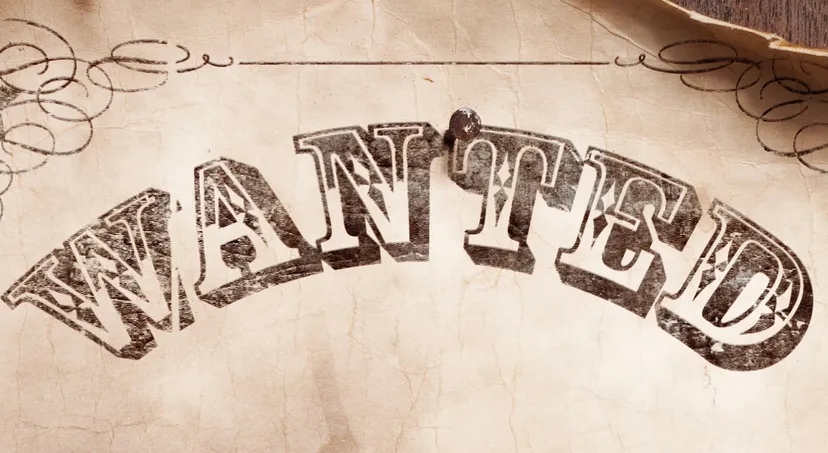Bounty hunting is the act of finding and apprehending criminals who have skipped bail. Bail is the security paid to the court to allow a criminal defendant to be released from custody until their trial. If the defendant fails to appear for their trial, they forfeit their bail money and a warrant is issued for their arrest. A bounty hunter is then hired by the bail bondsman to find and bring the fugitive back to justice.
The job of a bounty hunter is not easy. They must be able to track down fugitives who may have gone into hiding, often in other states or even countries. They also must be prepared for a confrontation when they find the fugitive, as many will resist arrest. In some cases, bounty hunters may even need to use force to bring the fugitive into custody.
Despite the challenges, bounty hunting can be a rewarding career for those who are up for the challenge. If you have a strong desire to help keep our communities safe and you’re not afraid of a little danger, bounty hunting may be the right career for you.
How the process works
The first step in bounty hunting is to find a bail bondsman who is willing to hire you. This can be done by contacting local bail bond companies or by attending bail agent training courses. Once you have found a bail bondsman to work for, they will give you a list of fugitives that you are responsible for finding and bringing into custody.
The next step is to begin your search for the fugitive. This will involve conducting background checks, checking social media accounts, and interviewing friends and family members. You may also need to set up surveillance at the fugitive’s last known address or places they are known to frequent.
Once you have located the fugitive, you will need to apprehend them and bring them into custody. This will usually involve some type of physical confrontation, so it is important to be prepared for this. You may also need to use restraints, such as handcuffs, to ensure the safety of both yourself and the fugitive.
After the fugitive is in custody, you will need to transport them back to the bail bondsman or the court system. This will usually involve filling out paperwork and ensuring that the fugitive is comfortable during transport. In some cases, you may also be responsible for providing security at the bail bond company or court appearance.
The final step in bounty hunting is to receive your payment. The amount you are paid will depend on the bail amount set by the court and the risks involved in apprehending the fugitive. In most cases, you will receive a percentage of the bail amount, which can range from 10-30%.
Bounty hunting is a dangerous and challenging career, but it can be very rewarding. If you are up for the challenge, then bounty hunting may be the right career for you.
The different types of bounties
There are two different types of bounties: criminal and civil.
Criminal bounties are typically issued by the court system and are paid by the bail bond company. These bounties are for fugitives who have been charged with a crime and have skipped bail.
Civil bounties are typically issued by private individuals or companies. These bounties are for people who have skipped out on a contract, such as a lease agreement, or owe money to someone.
Bounty hunting can be a very lucrative career, with some bounty hunters earning over $100,000 per year. However, it is important to remember that bounty hunting is a dangerous job and not everyone is cut out for it. If you are considering becoming a bounty hunter, make sure you are prepared for the challenges that come with the job.
The risks and rewards of bounty hunting
Bounty hunting is a risky job, but it can be very rewarding both financially and emotionally.
The biggest risk of bounty hunting is the danger involved in apprehending fugitives. Many fugitives will resist arrest and some may even be armed. This can lead to dangerous situations for both the bounty hunter and the fugitive. Injuries or even death are not uncommon in bounty hunting.
Another risk of bounty hunting is the possibility of getting sued. This can happen if you injure someone while apprehending a fugitive or if you mistakenly apprehend the wrong person. Bounty hunters need to have liability insurance to protect themselves from these types of lawsuits.
Despite the risks, bounty hunting can be a very rewarding career. Bounty hunters are typically paid a percentage of the bail amount, which can be very lucrative. In addition, bounty hunters often get a sense of satisfaction from bringing fugitives to justice.
If you are considering becoming a bounty hunter, it is important to weigh the risks and rewards carefully. Bounty hunting is not for everyone, but it can be a very rewarding career for those who are up for the challenge.
